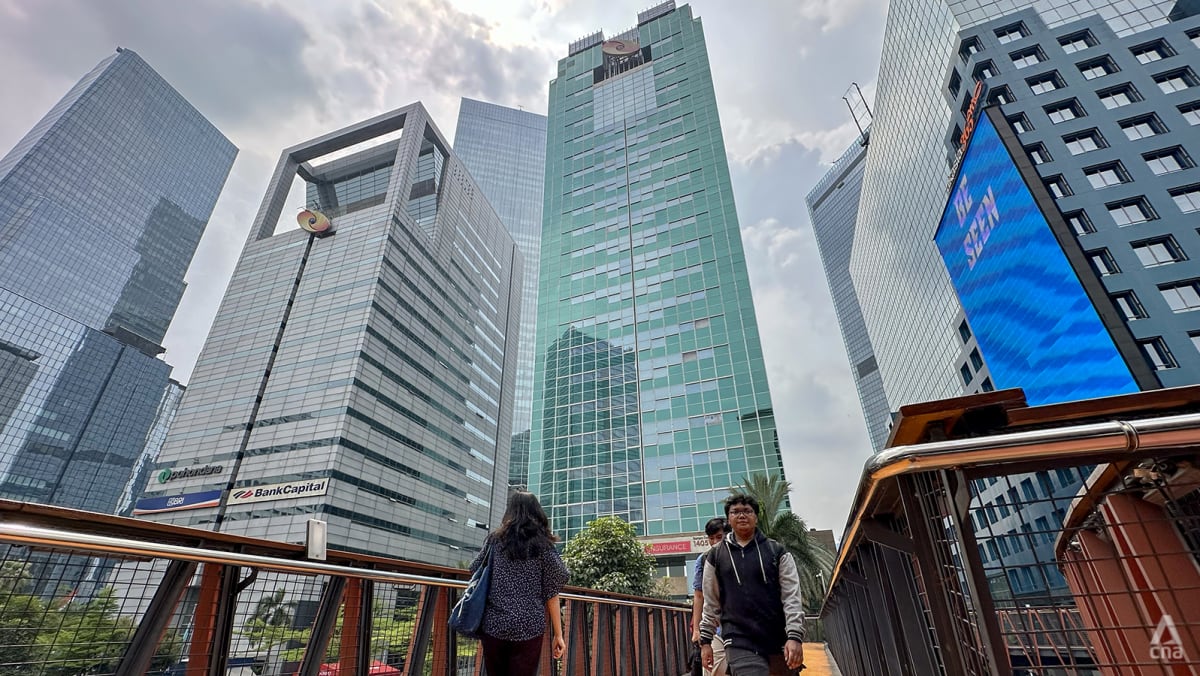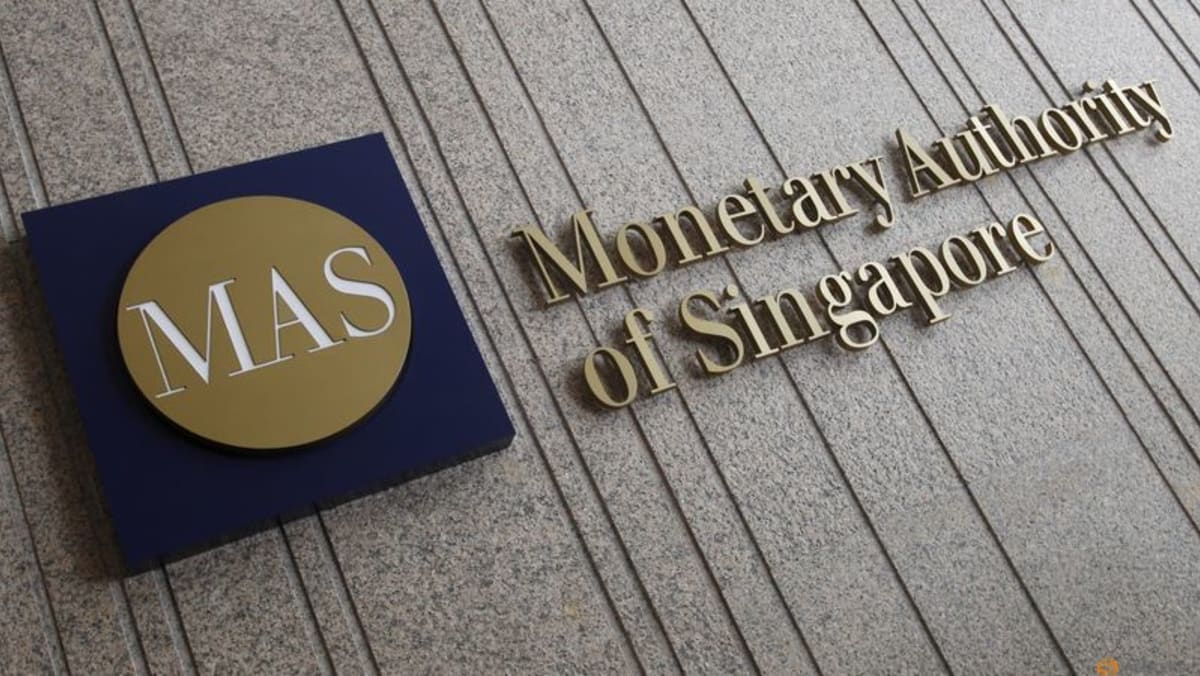How worrying is the situation?
In August, Law and Home Affairs Minister K Shanmugam said in a written parliamentary reply that an average of about 340 cases were reported to the police each year between 2021 and 2023, involving the possession or distribution of voyeuristic, intimate or abusive images.
He added that the police does not track the number of such cases involving deepfakes or manipulated images or videos using generative artificial intelligence tools.
But in the first half of 2024, voyeurism cases in Singapore climbed about 12 per cent from a year ago. These offences generally involve observing or recording someone in a private act, without their permission.
It’s not just about numbers when it comes to IBSA, said Dr Chew, who researches social issues with a focus on technology adoption.
“Cybercrimes such as scams are more numerous and it affects more Singaporeans,” he said. “But that doesn’t mean that we should not be concerned about (IBSA), because when we look at the victims; when we look at the experiences of the survivors, it is definitely more intense than losing S$1,000 to a scammer.”
“They sometimes have suicidal thoughts or self-harm … they fear for their own safety when they have to transact or they interact online,” added Dr Chew.
Michelle, now 21, said that while she knew she was not at fault for a photo that wasn’t even real to begin with, she also felt like she was guilty for “not dressing modestly” or even wearing a tank top.
She had to remind herself that the blame lies with the perpetrators who edited the photo – or photos. “I’m not sure … were there any other copies of it? Perhaps there’s a copy of me being fully naked, who knows?”
She sought psychiatric help for post-traumatic stress disorder, and it took about two years before she spoke out about the incident.













